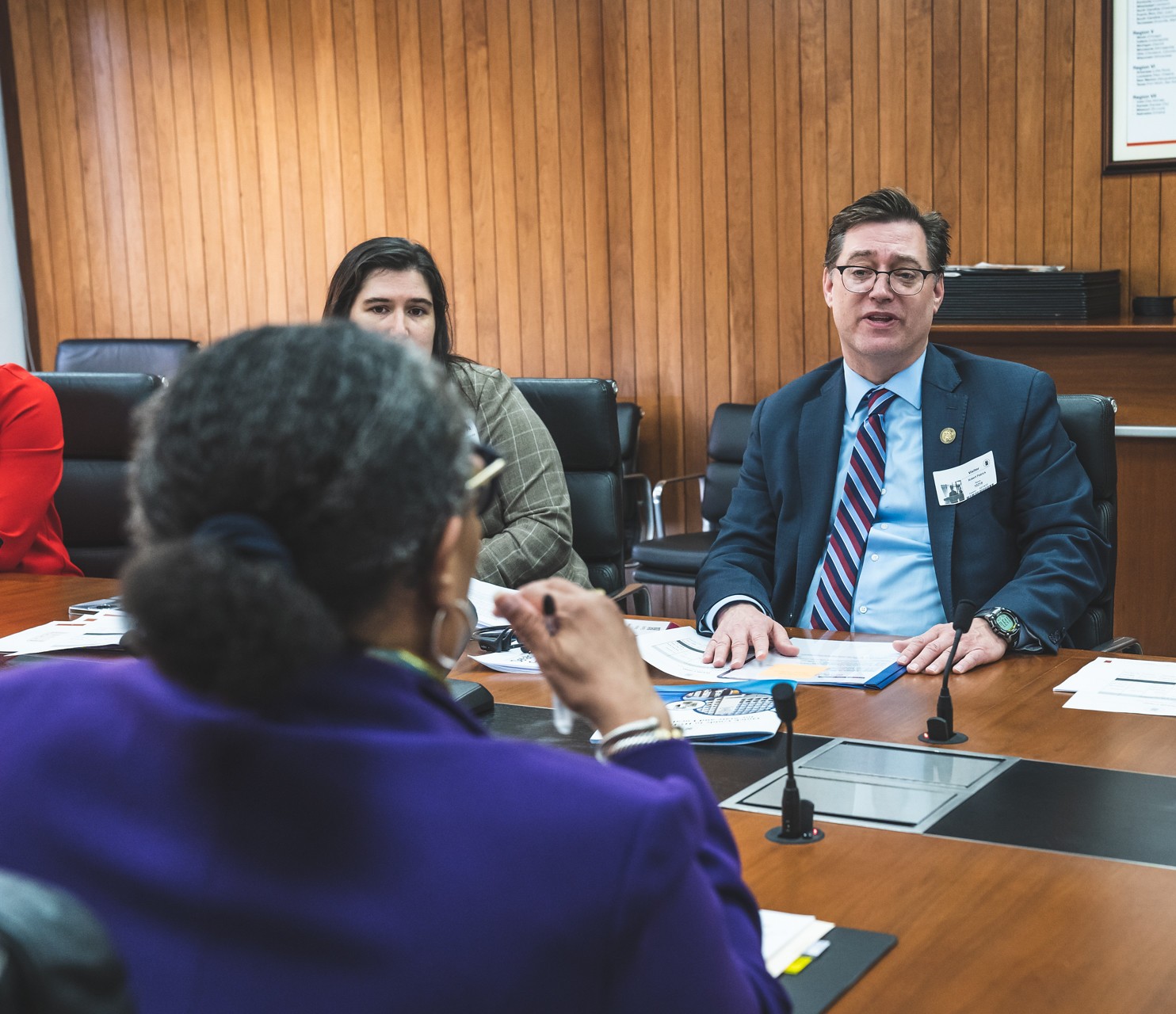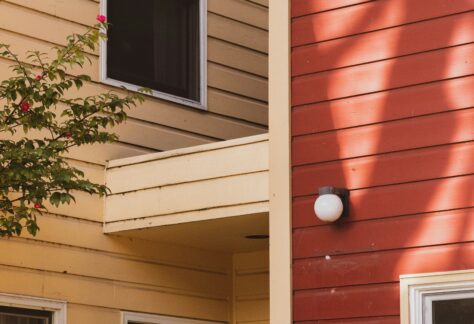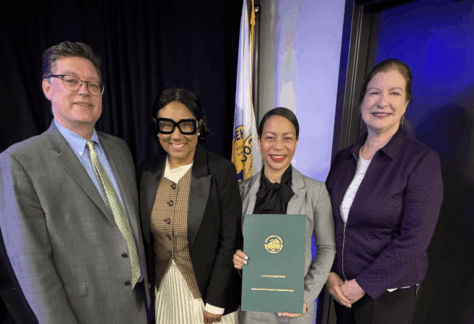My team and I have had numerous meetings with DeKalb County’s Community Development Department which is in charge of the County’s homeless and housing programs, including HUD’s Continuum of Care (CoC).
The Continuum of Care (CoC) Program is designed to be the local planning body that coordinates housing and services funding for homeless families and individuals. As with any program, there are barriers and challenges that must be overcome in order to maximize its effectiveness.
One of the barriers to DeKalb’s CoC Program is that HUD grants are the only funding sources available to the County’s CoC Program. DeKalb County does not appropriate funds to support Community Development’s homeless initiatives. As a result, there are limited staff (2-3 Outreach Team Members for the whole county) and not enough resources. Moreover, the County’s Homeless Hotline is only available from 9:00am-2:00pm.
During my service as Presiding Officer of the Board of Commissioners, I met with HUD’s newly appointed Secretary Marcia Fudge to discuss the challenges of the funding and operational issues that would assist DeKalb County in improving services to members of its population who are at-risk of homelessness or are already homeless. I presented a list of recommendations based on Director Allen Mitchell’s guidance that included:
Increase the Emergency Solutions Grant (ESG) Funding
The ESG program provides funding to: (1) engage homeless individuals and families living on the street; (2) improve the number and quality of emergency shelters for homeless individuals and families; (3) help operate these shelters; (4) provide essential services to shelter residents, (5) rapidly rehouse homeless individuals and families, and (6) prevent families/individuals from becoming homeless. The HUD, 2022 DeKalb County ESG allocation was $407,414.
With Fair Market Rent for a 1-bedroom apartment at $1375 (including utility allowance) and an increasing average case manager salary, the funding allocation barely supports serving emergency shelter needs, paying administrative expenses, and providing minimal rental assistance for 60 households. The CoC’s Coordinated Entry project maintains a list of more 200 households who are awaiting housing and/or services. With the end of Cares Act funding, a substantial increase in Emergency Solutions Grant funding is critical to the provision of rental assistance and supported services for households that are homeless or at-risk of homelessness.
Fair Market Rent
Allow the DeKalb County Continuum of Care ( CoC) the flexibility to exceed Fair Market Rent in the same manner as the DeKalb County Public Housing Authority. For example, the DeKalb County Housing Authority is allowed to exceed the HUD Fair Market Rent by up to 110%, while CoC and ESG agencies are restricted to using the HUD published Fair Market Rent with no adjustment. This results in a disparity among low-income, subsidized renters and renders it more difficult for CoC/ESG participants to secure affordable housing. Further, allow CoC and ESG agencies to offer landlord incentives to encourage landlords to make units available in a tight real estate market. The incentives could be similar to those offered through ESG-CV.
Eliminate Match Requirements for CoC and ESG Programs
Currently CoC and ESG projects carry a match requirement that must be satisfied during the program year. The match requirement creates an undue hardship for non-profit organizations that are attempting to serve homeless at at-risk households. It also makes it difficult for the CoC and Public Jurisdictions to recruit proficient agencies to implement CoC and ESG programs. These agencies could be excellent service providers; but, frequently, indicate their inability to provide the required match.
DeKalb County Continuum of Care (CoC) Funding
Provide funding for homeless programs through block grants, instead of through the current competitive process that is labor intensive, time-consuming, and cumbersome. Each year, the process begins anew approximately 6 months after grant submittal, as the competition is an annual event. Given the pervasiveness of homelessness within the U.S, an alternative to the competitive process appears appropriate.
Supportive Housing for Unsheltered Individuals
Over the past 4 years, DeKalb County has experienced an increase in the number of unsheltered homeless individuals. In recent years, while providing non-congregate emergency shelter, County case managers found that most of the individuals demonstrated behavior that indicated that they were incapable of living independently. Mental illness is evident in a high percentage of our homeless citizens. Their behaviors are unsafe and destructive. (i.e. They destroyed property, defecated and urinated on furniture, carpet and bathtubs. Some participants exited their housing at night to sleep outside and howl at the moon.) The County needs additional funding to support safe, decent housing that provides the funding/operational changes that would assist DeKalb County in improving services to members of its population who are at-risk of homelessness or homeless. adequate supportive services and structured “attention” that is required by individuals living in the housing.
In July of 2023, HUD announced that, in response to a growing homelessness crisis, the agency was making its largest-ever single-year investment of $3.1 billion in communities’ homelessness response systems. 2023’s funding opportunity made available the largest amount of funding under the Continuum of Care program competition in history and resulted in $7,608,739 for DeKalb’s CoC’s program.








